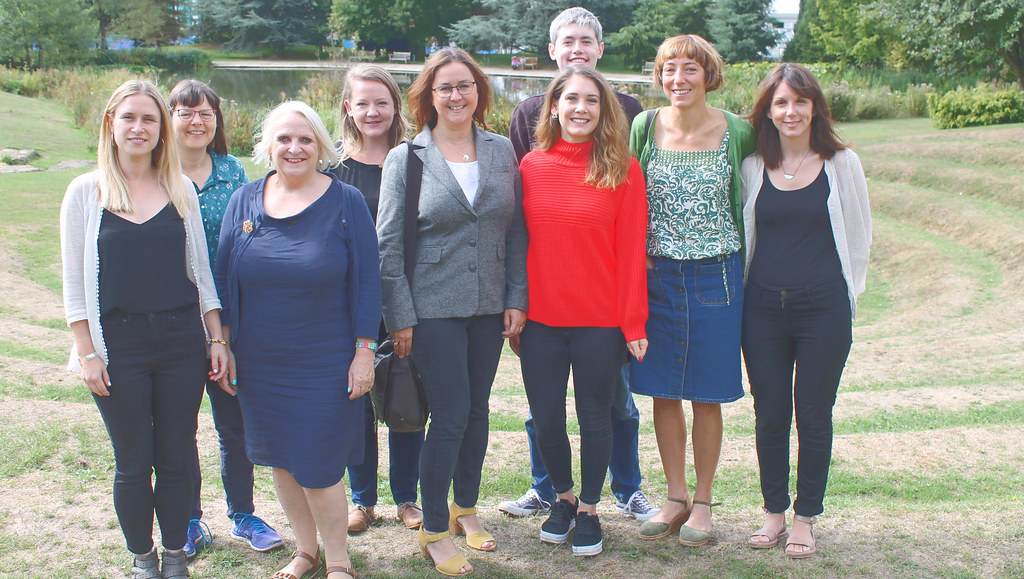With international partners, the Tobacco Control Research Group (TCRG) within our Department for Health has been awarded major funding from Bloomberg Philanthropies to lead a brand new global tobacco industry watchdog called Stopping Tobacco Organizations and Products, or STOP.
Along with the Global Center for Good Governance in Tobacco Control, based in Thailand and the International Union Against Tuberculosis and Lung Disease (The Union), in Paris, the new watchdog will build on the success of the TCRG’s ground-breaking tobacco industry research and flagship TobaccoTactics website by extending its scale and geographic reach, in particular to low and middle income countries and by increasing the regularity and responsiveness of its outputs.
New STOP industry watchdog
Through new investigative reports into the activities of industry around the world, regular briefings and reports, and the development of a set of new tools and training to expand such work across the world, the project is designed to understand, expose and counter the industry’s influence on key public health policies.
Since being established in 2007, Bath’s TCRG has become a global leader in tobacco control research and in particular ‘vector research’ - exploring the impact of the commercial sector on health and, in particular, on shaping public health policies. Working in partnership with NGOs in this time it has achieved important impacts on global, regional, and national policy. This has included exposing industry evidence intended to derail standardised packaging legislation in the UK, and analysis of evidence of ongoing industry involvement in tobacco smuggling.
Its work has been recognised via various awards including the WHO World No Tobacco Day. Since 2012, use of its knowledge exchange platform www.TobaccoTactics.org, which has enjoyed long-standing support from Cancer Research UK, has enabled public access to latest research and findings on the tobacco industry activities. It already attracts up to 60,000 page views per day or over 13 million a year, with users drawn from all over the world including politicians, civil servants, NGOs and journalists.
Commenting from Bath, Director of the TCRG Professor Anna Gilmore, said: “We are delighted to have been awarded this this funding and that our work to date in this field has been recognised in this way. It represents an amazing and much needed opportunity to thoroughly research the tobacco industry’s nefarious tactics. Countries around the world attempting to implement life-saving tobacco control policies repeatedly identify the tobacco industry as the single greatest barrier to progress. This funding provides a step change in our ability to address that.
“We look forward to working closely with our partners, global leaders in policy advocacy and communications and with the Bloomberg partners, to ensure our research findings advance public health globally.”
Pro-Vice-Chancellor (Research) Professor Jonathan Knight added: “This significant new funding from Bloomberg Philanthropies will allow the TCRG to further increase the profile and reach of its highly regarded research into the activities of the tobacco industry. We are delighted to celebrate this success as a University and particularly look forward to seeing how this project helps to grow our international partnerships and deliver results that benefit people’s lives around the world.”
Andy Rowell, Research Fellow and co-editor of TobaccoTactics said: “Sunlight is the best disinfectant. By shining a light on the tobacco industry’s activities we will identify its latest marketing and lobbying tactics, its front groups and spokespeople. In this way our work will increase the transparency of policy making, reduce the industry’s ability to block the work of policy makers around the world, inform new legislative approaches and hold the industry to account.”
The STOP competition was launched by Bloomberg Philanthropies earlier this year at the World Conference on Tobacco or Health in Cape Town, South Africa. Prospective applicants could include up to three organizations as partners, but at least one had to be based in a low- or middle-income country.
Tackling tobacco use worldwide
Since 2007, Bloomberg Philanthropies has committed nearly $1 billion to combat tobacco use worldwide. The Bloomberg Initiative to Reduce Tobacco Use partners with low- and middle-income countries to reduce tobacco use through a comprehensive, proven approach that combines evidence-based policy change with increased public awareness.
Michael R. Bloomberg has long been focused on improving public health—during his time as New York City Mayor, in his work through his foundation, Bloomberg Philanthropies, and now in his role as the World Health Organization Global Ambassador for Non Communicable Diseases.
Read more about the announcement from AFP Bloomberg targets Big Tobacco's 'underhanded tactics'.

